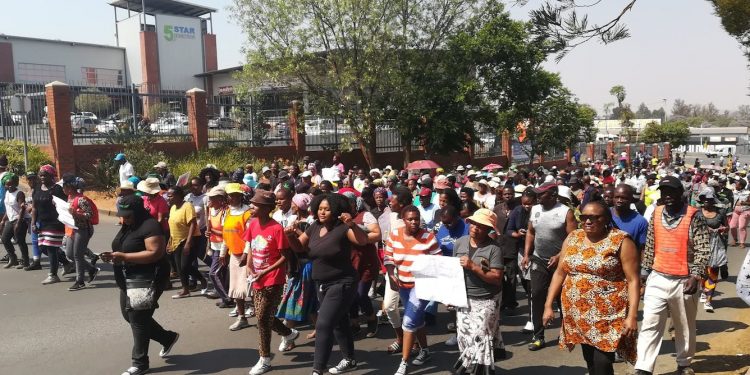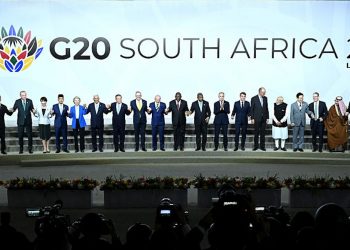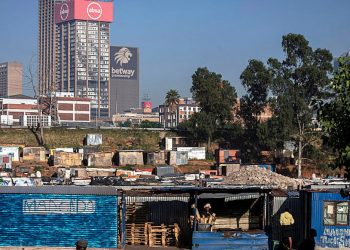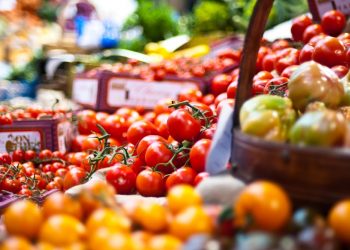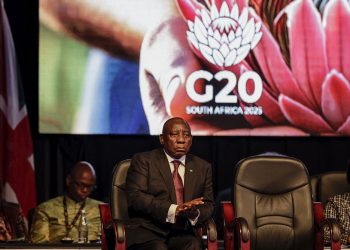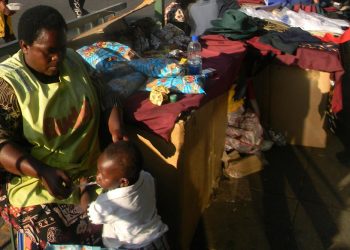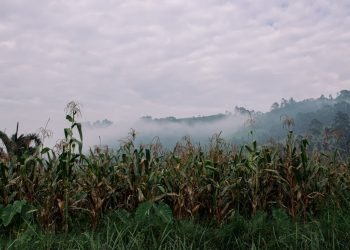South Africa’s young people, aged 15 to 34, who make up more than 50% of the country’s working age population, bear a disproportionate burden of unemployment. They have done so for more than a decade. Of this group, those aged 15-24 face the highest barriers to the job market, according to data from Statistics South Africa. The majority of these young people live in the townships and informal settlements.
A new book, Making a Life: Young Men on Johannesburg’s Urban Margins, examines how young people in Zandspruit, an informal settlement on the outskirts of Johannesburg, make a life. Anthropologist Hannah Dawson explains why she chose Zandspruit for her research and shares her findings about the sociopolitical landscape of urban settlements.
Why the choice of Zandspruit for your research?
It started with my arrival there in 2011 to study a wave of political protests during local elections. This sparked a much longer research journey spanning more than a decade, which this book traces.
The settlement was established in the early 1990s and has grown into a densely populated area of around 50,000 people, across 14 pieces of land.
The expansion of Zandspruit reflects broader trends in post-apartheid South Africa: rapid urbanisation, inadequate urban housing, rising unemployment and underemployment — including a shift from permanent to casual work, and from formal to informal employment.
What sets Zandspruit apart is its location. It is near post-apartheid economic hubs such as Kya Sands, with its light industries and business parks, and Lanseria Airport, a growing freight and logistics hub earmarked for expansion under the Greater Lanseria Masterplan. It also borders affluent suburbs and golf estates. This makes it distinct from older, more isolated settlements in Johannesburg’s south. Its proximity to shopping malls, townhouse complexes, warehouses and commercial zones makes it a destination of choice for migrants. They include people seeking a foothold in the urban market from rural areas of South Africa as well as people from other parts of the African continent.
This proximity makes Zandspruit a case study for understanding how residents access urban job markets, and the connections between wage and non-wage economic activities.
What do your findings tell us about the lives of young people?
The book draws on research primarily with young men, whose work and lives I followed over ten years. It shows how young men on the urban margins navigate structural unemployment and inequality by forging social ties, asserting belonging, and pursuing alternative livelihoods within what I call Zandspruit’s “redistributive economy”. I use the phrase “making a life” to move beyond survival or income generation. A life is not only about securing food and shelter. It involves the pursuit of social connection, identity, place and dignity.
For many of the young men I came to know, this often involved turning down demeaning jobs in favour of self-initiated income strategies that offered greater autonomy. These included renting out shacks, running internet cafes or car washes, or operating as mashonisas (unregistered loan sharks). Such efforts reflect more than personal resilience – they reveal how men’s social position and connections within the settlement shape access to the more lucrative niches of the local economy.
These dynamics point to a broader condition facing young people in South Africa: deep and persistent material insecurity. Yet, they also show the ways in which young people, especially young men, are actively building lives in the face of profound uncertainty. They are crafting meaning and striving for something more in a context marked by chronic unemployment and inequality.
What did you learn about urban inequality and living on the urban margins?
The residents of Zandspruit are not equally poor or marginalised. A focus of the book is the division between “insiders” – long-term residents with access to property who earn rental income – and “outsiders” – new arrivals and immigrants who, as tenants, are more dependent on low-paid jobs. These distinctions shape access to land, housing, livelihoods and local recognition.
Most immigrants form a precarious tenant class, while landlords tend to be established residents with long-standing ties to the settlement. Zandspruit is a deeply stratified space where social connections, property access and local citizenship determine who belongs and who benefits. By tracing men’s positions as insiders or outsiders, the book shows how these inequalities shape their economic strategies and capacity to build a life on the urban margins.
What do you recommend in terms of public policy?
The book doesn’t make policy recommendations. However, it speaks to key public and policy debates. Media and policy narratives often portray unemployed youth as idle and disconnected from society, ignoring the complex, often invisible, economic activities and arrangements that structure their lives. While informal and unstable, these pursuits reflect resourcefulness, local knowledge, and a conscious rejection of degrading labour.
It challenges the idea that informal entrepreneurship can solve youth unemployment. Most enterprises are too precarious to lift young people out of poverty. It also questions the notion that informal settlements are simply ghettos of exclusion and poverty. Instead, it highlights the inequalities within the settlement and calls for greater attention to be paid to the local economies and social orders being forged within these spaces. Understanding these dynamics is crucial to rethinking how we respond to unemployment, the urban housing crisis and inequality in South Africa.
Hannah J. Dawson received funding from the Commonwealth Scholarship Commission and the National Research Foundation.

